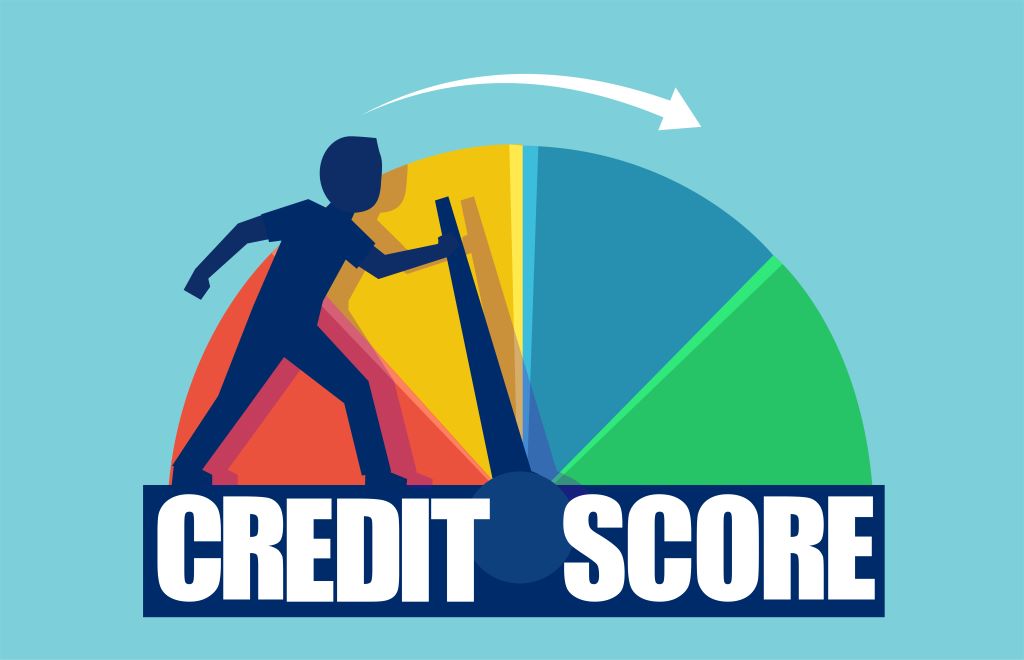In today’s economy, financial planning is a key part of setting up your future. Whether you have short-term goals like saving for a vacation or long-term milestones like retirement, having a financial plan can make all the difference. But it will require some work on your end and maybe even some lifestyle changes. So, in this guide, we’ll cover everything you need to know about financial planning. We’ll also give you some helpful steps, so you should know how make your own financial plan by the time we’re done.

What is Financial Planning?
First things first! Before we get into the details, it’s important to understand what financial planning is. Financial planning is the process of setting and achieving specific financial goals. Once you have your goals in place, people typically work towards them by carefully managing their income, investments, and savings over a defined period.
Why Is Financial Planning Important?
Financial planning can help a lot with stability, especially when it comes to setting up your future, which is one of the many reasons why it is so important. But it requires some work on your end and potentially some lifestyle changes, as we’ll get into soon. Here are a few more reasons why financial planning is so important:
- Achieving Your Goals: A financial plan is an outline that can help you achieve your short-term and long-term financial goals. For example, this could be buying a home, sending your kid to college, or making sure you can retire comfortably.
- Be Prepared for the Unexpected: Through insurance and other risk management strategies, financial planning can help protect you against unexpected events such as illness, accidents, or recessions.
- Building Your Wealth: By making informed investment decisions, you could learn how to grow your wealth over time.
- Managing Your Debt: One of the most helpful parts of having a financial plan is how it helps you manage your debt. With the right plan in place, you could learn how to get rid of your debt over time. In turn, this could also help reduce your financial stress and even allow you to increase your disposable income.
- Retirement Planning: Work towards a comfortable retirement by building a nest egg for yourself. You can do this through savings, investments, and pensions. These are all parts of financial planning!
- Legacy Planning: With a financial plan in place, you could better prepare to have wealth passed down to your kids.
Now that you’re up to speed on what financial planning is and why it’s so important, let’s jump into how you can make our own financial plan.

Financial Planning: How to Make A Financial Plan
Create a Budget and Make Sure You Stick to It
Budgeting plays a huge part in getting your finances in order, especially in the early stages. This is why making a budget should be the first step in drafting your financial plan. To create a budget, first track your income and expenses. Next, categorize them and set realistic spending limits for yourself, but make sure to prioritize savings and debt repayment in this step. Make sure to regularly review and adjust your budget as needed. If you’ve never sat down and tried to draft a budget before, try using a free online budget calculator like this one here to help you get started.* But keep in mind, creating the budget is only one part; you’ll also need to make sure you can stick to it to keep yourself on track.
Create an Emergency Fund
Life is unpredictable, but that’s where an emergency fund can help. Whether it’s an unexpected job loss or emergency medical expense, it’s important to be prepared. To create an emergency fund, you will need to set a savings goal. It’s typically recommended to save 3 to 6 months’ worth of living expenses, but your savings goal can be whatever you feel comfortable with. With your goal in mind, you can then open a dedicated savings account. To get the most out of your earnings, make sure to ask your bank if they are offering any bank account bonuses! Next, consistently add a portion of your income until you reach your goal. Before you know it, you’ll have an emergency fund to help you out in times of need!
Pay Off Your Debt
Debt, if not managed probably, can really drag your finances down. This is why paying off your debt is also an important part of financial planning. To pay off debt, first create a budget that sets aside extra funds for debt repayment. Consider strategies like the snowball or avalanche method, where you focus on one debt at a time, while making minimum payments on others.
For tons of useful information about debt, check out our other blog posts, “What You Should Know About Debt Relief Options” and “Living Paycheck to Paycheck: How to Stop in 2024“.
Consider Investing
Savings are important, but they may not be enough to rely on. This is where investing can help. Investing involves putting your money into various financial assets. These could be stocks, bonds, or real estate, for example. But the most important thing to remember is that the ultimate goal with any investment is to earn a return. So, it’s important to research, diversify, and consider how much risk you’re comfortable taking on when making investment decisions. If you have questions or need help, consider talking to a financial advisor!
How to Save Money
Saving money, especially in this economy or if you’re living paycheck to paycheck, may sound intimidating. The good news is, it’s still entirely achievable! Saving money just requires you to set aside a portion of your income for future use. This could be for emergencies, specific goals, or investments. It’s crucial to spend wisely, cut unnecessary expenses, and automate how much you put into your savings.
What is a 401(k)?
A 401(k) is a retirement savings account provided by many employers in the United States. With a 401(k) account, employees can contribute a portion of their pre-tax income, which is invested for retirement. Some employers also match a portion of the contributions, so be sure to ask your Human Resources department if they offer a 401(k).
What Is the Difference Between Roth IRA and Traditional IRA?
The key difference between a Roth IRA and a Traditional IRA lies in the tax treatment. Contributions may be tax-deductible with a Traditional IRA, but withdrawals in retirement are taxed. In a Roth IRA, contributions are not tax-deductible, but withdrawals in retirement are tax-free.

How to Help Improve Your Credit Score
To help improve your credit score, there are a few things you can do. For starters, make sure to pay your bills on time, do your best to pay down your credit card balances, and avoid opening too many new accounts. Also monitor your credit report regularly, keeping an eye out for any errors. For more helpful tips, check out our guide for how to improve your credit score in 2024.
What Is the Best Way to Save for College?
College is expensive, but the good news is there are options to help you save! These could include 529 savings plans, Coverdell Education Savings Accounts, and custodial accounts. Each has its unique tax advantages and investment options, so it’s important to do your research and pick the right one for you.
What Is the Difference Between Stocks and Bonds?
Stocks refer to owning a stake in a company and may offer higher returns, but they can come with higher risk. Bonds, on the other hand, are debt securities issued by governments or corporations. These may offer fixed interest payments that could come with lower risk.
What is Compound Interest?
Don’t sleep on compound interest! Compound interest is the interest earned not only on the initial investment but also on any interest that accumulates. It’s often described as “interest on interest” and can be an easy way for your money to make you even more money. So over time, compound interest can significantly increase the value of your investment.
Start Financial Planning Now!
Regardless of where you live or how much money you make, financial planning is a universal need. By taking proactive steps towards setting and achieving your financial goals, you can work towards setting yourself up for success. So, get started on your financial plan today!
High-interest loans can be expensive and should be used only for short-term financial needs, not long-term solutions. Customers with credit difficulties should seek credit counseling. The opinions expressed above are solely the author’s views and may or may not reflect the opinions and beliefs of the website or its affiliates. Cash Factory USA does not provide financial advice.
* This blog contains links to other third-party websites that are not endorsed by, directly affiliated with, or sponsored by Cash Factory USA. Such links are only for the convenience of the reader, user, or browser.